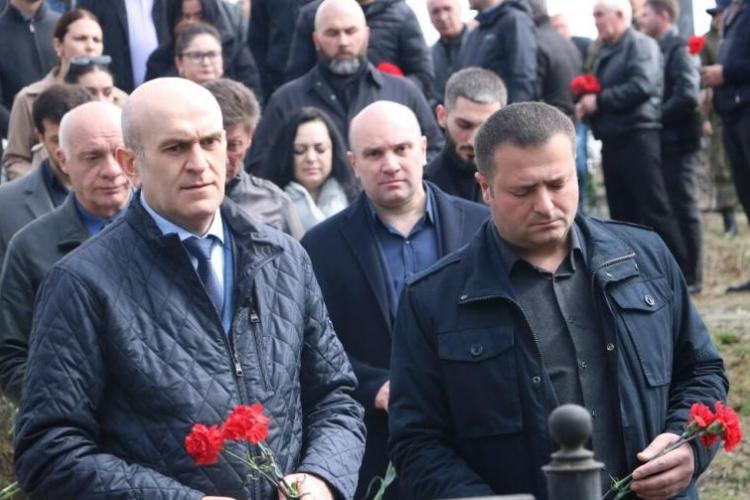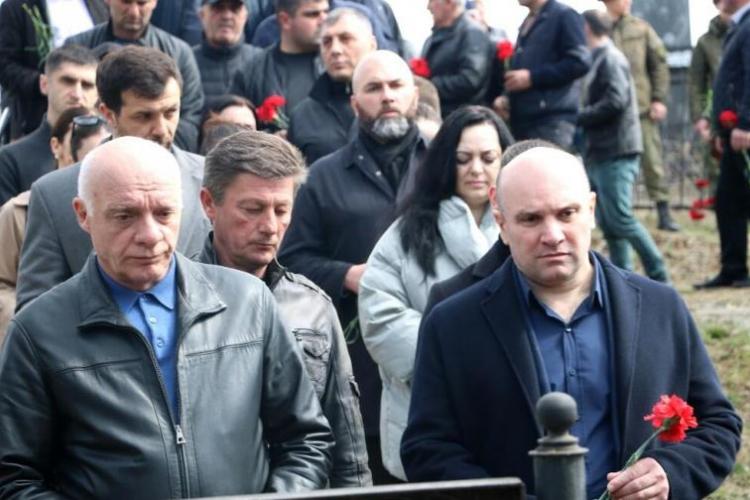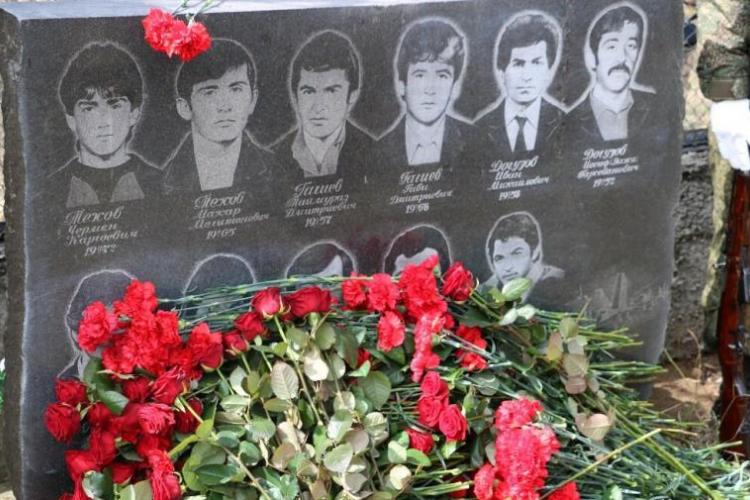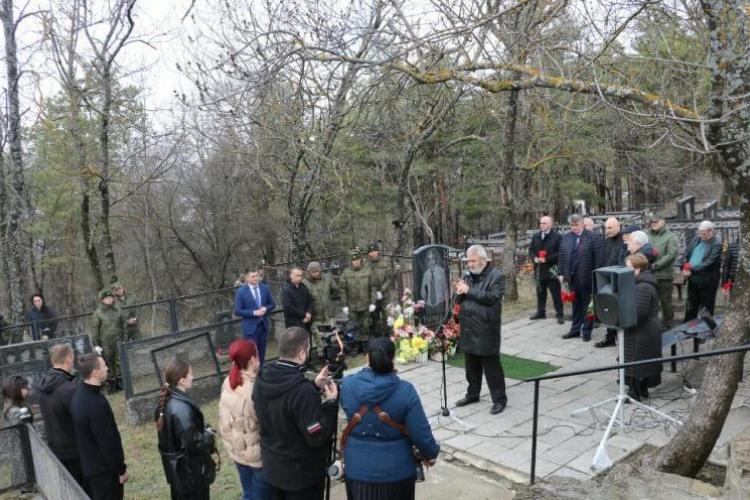Annually, on March 18, victims of the Ered tragedy – one of the most terrible and inhuman crimes in the recent history of Ossetia, are commemorated in South Ossetia.
On March 18, 1991 Georgian neo-nazies seized an Ural car and disembarked 25 Ossetians, who were driving through the territory, which at that time was controlled by Georgian armed formations. Women and children were released, but 12 men after horrific tortures were buried alive, and the place of burial was leveled with a bulldozer.
The bloody and inhuman event, which took place 32 years ago, even today shocks with its extreme cruelty and cynicism and remains an open wound in the historical memory of the people.
The Ered tragedy is one of the numerous evidences of the policy of genocide pursued by the Georgian authorities against the Ossetian nation over a century. Yet the international community has to give proper legal assessment to facts of mass murders of the Ossetians, organized since the genocide of 1920 till August 2008. Moreover, the silent connivance of the international community, generous funding and confidence of the impunity of Georgian leaders for their crimes were precisely the things that made the tragedy of August 2008 possible.
Similar atrocities are not subject to oblivion and are a constant remembrance of the most difficult trials that the South Ossetian people were forced to overcome on their way to obtaining statehood.
On March 18, the South Ossetian Foreign Minister Akhsar Dzhioev and officers of the Ministry participated in the mourning meeting in memory of the victims of the Ered tragedy and laid flowers to the mass grave at the Tskhinval town cemetery.
Leadership of the Republic, Ambassador of Russia to South Ossetia M. Kulakhmetov, representatives of ministries and agencies, relatives of the victims of the tragedy and the public participated in the ceremony.
Tskhinval, March 18, 2023



